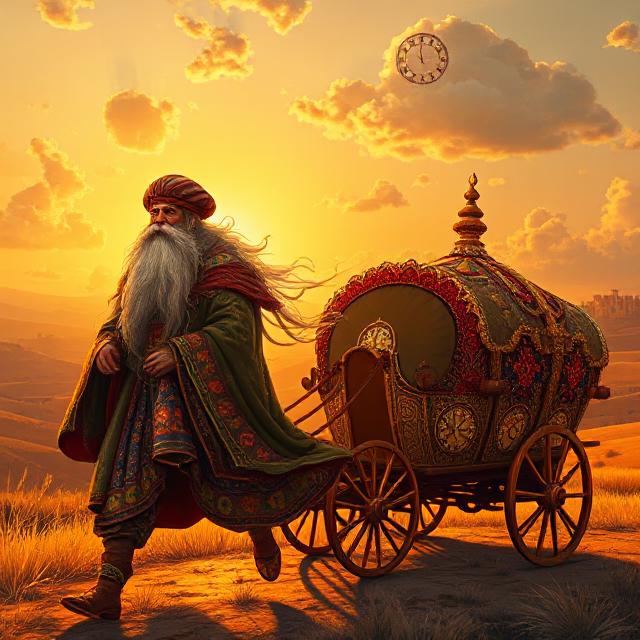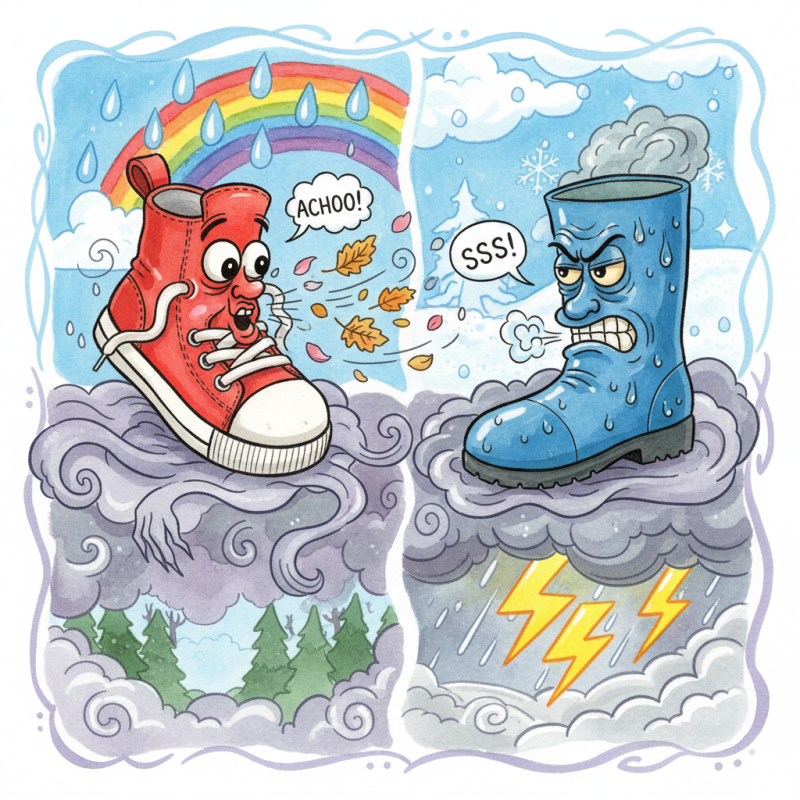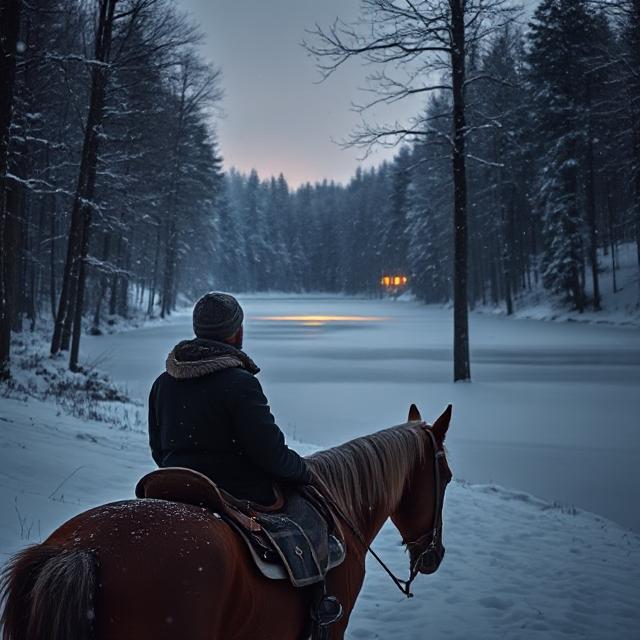Explore the classic poem Time You Old Gypsy Man by Ralph Hodgson. Get a detailed summary, line-by-line analysis, English-to-Bangla translation, main idea, paraphrasing, and 30 questions & answers for better understanding.
Time You Old Gypsy Man by Ralph Hodgson
Time, You Old Gypsy Man
Will you not stay,
Put up your caravan
Just for one day?
All things I’ll give you
Will you be my guest,
Bells for your jennet
Of silver the best,
Goldsmiths shall beat you
A great golden ring,
Peacocks shall bow to you,
Little boys sing.
Oh, and sweet girls will
Festoon you with may,
Time, you old gypsy,
Why hasten away?
Last week in Babylon,
Last night in Rome,
Morning, and in the crush
Under Paul’s dome;
Under Pauls’ dial
You tighten your rein –
Only a moment,
And off once again;
Off to some city
Now blind in the womb,
Off to another
Ere that’s in the tomb.
Time, you old gypsy man,
Will you not stay,
Put up your caravan
Just for one day?
📌 Poem: Time, You Old Gypsy Man by Ralph Hodgson
🔹 Line by Line Analysis with Translation (English → Bangla)
- Analysis: The poet addresses Time as an old gypsy, a wanderer who never stays in one place.
- Translation: সময়, তুমি সেই বৃদ্ধ যাযাবর।
2. Will you not stay,
Put up your caravan
Just for one day?
- Analysis: The poet asks Time to pause, to stop traveling with its caravan (life’s journey) for just one day.
- Translation: তুমি কি একবার থামবে না?
তোমার কারাভান বসাও,
শুধু এক দিনের জন্য।
3. All things I’ll give you
Will you be my guest,
Bells for your jennet
Of silver the best,
- Analysis: The poet offers gifts—silver bells for Time’s horse (jennet)—to persuade Time to stop.
- Translation: আমি তোমাকে সব কিছু দেবো,
তুমি কি আমার অতিথি হবে?
তোমার ঘোড়ার জন্য রুপার ঘণ্টা দেবো।
4. Wild fowl for dinner,
Cherry for tea,
And golden pippins
All for you, free.
- Analysis: More offerings—wild birds, cherries, and golden apples—to tempt Time.
- Translation: রাতের খাবারে বুনো হাঁস,
চায়ের জন্য চেরি,
সোনালি আপেল—
সবই তোমার জন্য, বিনামূল্যে।
5. But Time, you old gipsy man,
Will you not stay,
Put up your caravan
Just for one day?
- Analysis: A repetition, showing man’s desperate wish to stop the passing of time.
- Translation: কিন্তু সময়, বুড়ো যাযাবর,
তুমি কি থামবে না?
তোমার কারাভান বসাও,
শুধু এক দিনের জন্য।
6. Last week in Babylon,
Last night in Rome,
Morning, and in the crush
Under Paul’s dome;
- Analysis: Time moves from place to place—Babylon, Rome, and St. Paul’s Cathedral—showing its endless journey.
- Translation: গত সপ্তাহে ছিলে বাবিলনে,
গত রাতে ছিলে রোমে,
সকালে তুমি ছিলে ভিড়ের মধ্যে,
সেন্ট পলের গম্বুজের নিচে।
7. But Time, you old gipsy man,
Will you not stay,
Put up your caravan
Just for one day?
- Analysis: Again, the poet begs Time to stop, though he knows it never will.
- Translation: কিন্তু সময়, বৃদ্ধ যাযাবর,
তুমি কি থামবে না?
তোমার কারাভান বসাও,
শুধু এক দিনের জন্য।
🔹 Summary of the Poem
The poem personifies Time as an old gypsy man who never stops traveling. The poet desperately requests Time to pause for just one day, offering him food, gifts, and rest. But Time ignores such requests and keeps moving from place to place—Babylon, Rome, St. Paul’s Cathedral—symbolizing the unstoppable flow of time.
🔹 Main Idea
The main idea of the poem is the unstoppable and uncontrollable nature of Time. No matter what humans offer, Time never pauses; it constantly moves forward.
🔹 Paraphrasing (Simple Version)
The poet calls Time an old gypsy who wanders endlessly. He pleads with Time to stop for just one day and offers precious gifts. But Time cannot stop—it has been in many cities and will continue moving forever. The poem shows that time waits for no one.
🔹 30 Questions and Answers
Short Questions (1–15)
1. Who is the “old gipsy man” in the poem?
👉 Time.
2. What does the poet ask Time to do?
👉 To stop and stay for one day.
3. What gift does the poet offer for Time’s horse?
👉 Silver bells.
4. What food does the poet offer Time?
👉 Wild fowl, cherries, and golden apples.
5. What is a “jennet”?
👉 A small Spanish horse.
6. Where was Time last week according to the poem?
👉 In Babylon.
7. Where was Time last night?
👉 In Rome.
8. Where was Time in the morning?
👉 Under St. Paul’s dome.
9. What does the caravan symbolize?
👉 The journey of life and time’s movement.
10. Why does the poet call Time a gypsy?
👉 Because it always wanders and never stays in one place.
11. What is the tone of the poem?
👉 Pleading, nostalgic, and reflective.
12. What is the central theme of the poem?
👉 The unstoppable flow of time.
13. Does Time accept the poet’s offers?
👉 No, Time never stops.
14. What emotion does the poet show towards Time?
👉 Longing and helplessness.
15. Which poetic device is used in calling Time a gypsy?
👉 Personification.
Long Questions (16–30)
16. Explain why the poet calls Time a gypsy man.
👉 Time is compared to a gypsy because it is always wandering, never fixed, and moves from place to place without resting. Like a gypsy’s caravan, Time is on a continuous journey.
17. What is the significance of offering gifts to Time?
👉 The poet offers gifts like silver bells, food, and fruits to persuade Time to stop. This symbolizes human desire to bribe or control time, which is impossible.
18. How does the poem show the unstoppable nature of Time?
👉 Despite the poet’s repeated requests and gifts, Time keeps moving—from Babylon to Rome to London—showing that nothing can stop time’s progress.
19. What do Babylon, Rome, and St. Paul’s symbolize?
👉 They symbolize the vastness of history and civilization, showing that Time has witnessed all eras and will continue to do so.
20. How does repetition strengthen the poem’s message?
👉 The repeated plea “Will you not stay, just for one day?” emphasizes human desperation and the futility of trying to stop time.
21. What feelings are expressed in the poem?
👉 Helplessness, longing, nostalgia, and the wish to hold onto moments of life.
22. Do you think Time can ever be stopped? Explain.
👉 No, Time cannot be stopped. It is eternal, moving forward regardless of human wishes.
23. What lesson does the poem teach us?
👉 The poem teaches us to value time, as it never waits for anyone.
24. Why does the poet mention food and gifts?
👉 To show the desperate attempts of humans to persuade Time, though material things have no effect on it.
25. How is imagery used in the poem?
👉 The poet uses vivid imagery like “bells for your jennet,” “wild fowl for dinner,” and “golden pippins” to create a picture of offerings to Time.
26. What role does history play in the poem?
👉 By mentioning Babylon and Rome, the poet shows that Time has seen great civilizations rise and fall, emphasizing its power.
27. How does the poet’s attitude change in the poem?
👉 At first hopeful, thinking Time might stay, but later realizing it will never stop.
28. What is the mood of the poem?
👉 Reflective, pleading, and slightly sorrowful.
29. How is personification central to the poem?
👉 By treating Time as a gypsy man, the poet makes an abstract concept (time) feel alive and relatable.
30. Why is this poem still relevant today?
👉 Because even today, people struggle with the passage of time and wish they could pause moments of happiness.
Time You Old Gypsy Man by Ralph Hodgson, Time You Old Gypsy Man by Ralph Hodgson, Time You Old Gypsy Man by Ralph Hodgson, Time You Old Gypsy Man by Ralph Hodgson, Time You Old Gypsy Man by Ralph Hodgson, Time You Old Gypsy Man by Ralph Hodgson, Time You Old Gypsy Man by Ralph Hodgson, Time You Old Gypsy Man by Ralph Hodgson, Time You Old Gypsy Man by Ralph Hodgson, Time You Old Gypsy Man by Ralph Hodgson,













One thought on “Best Time You Old Gypsy Man by Ralph Hodgson – Summary, Analysis & Questions”